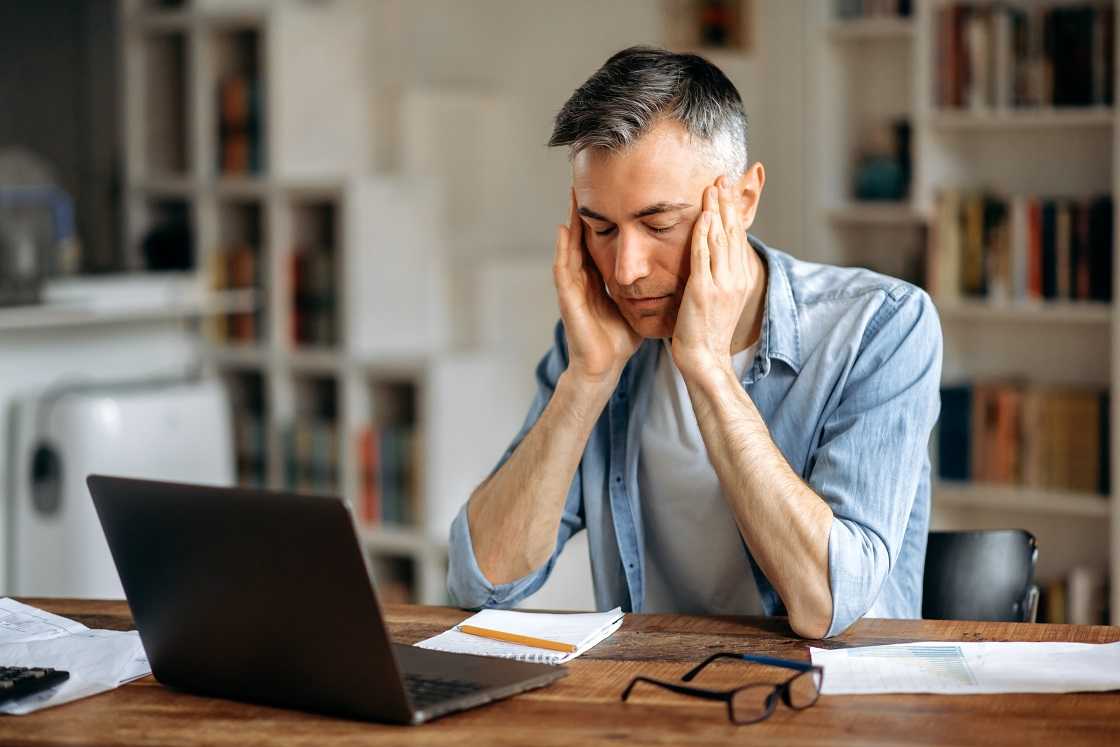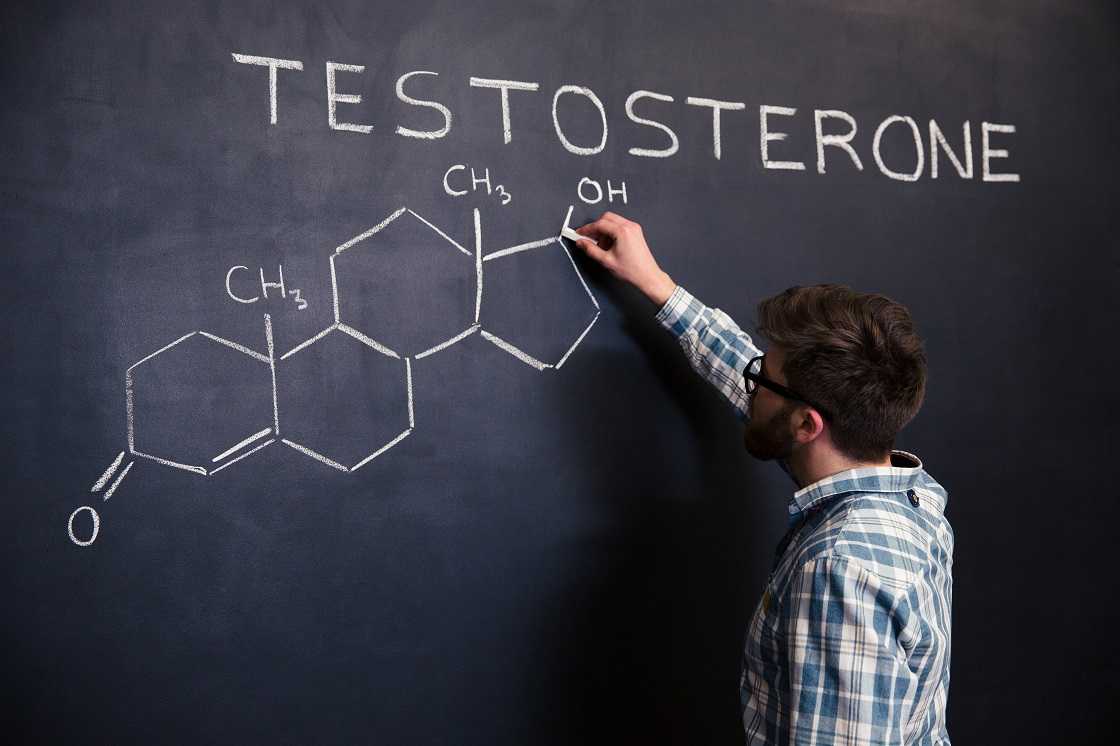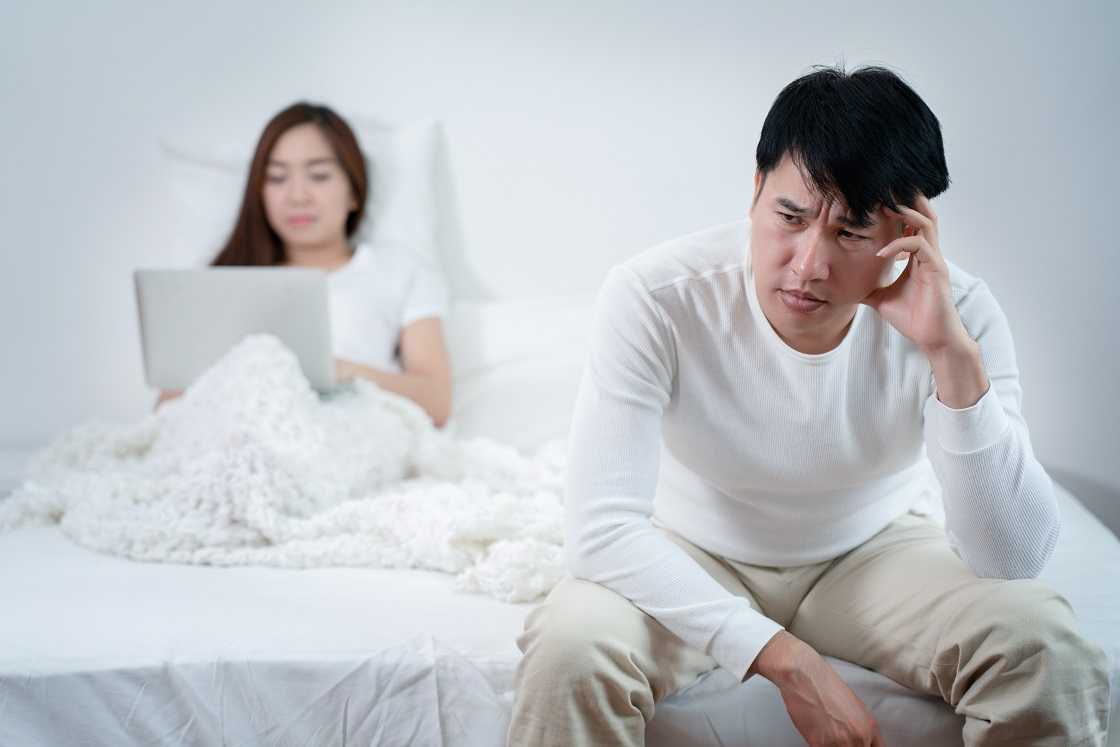Sex hormones include testosterone, a fundamental chemical for both men and women that, among others, drives sexual desire and mental capacity, particularly in men.
This hormone remains stable in men most of the time, although when aging begins, it also declines. Also, many situations other than aging can alter its blood levels, so a healthy lifestyle is critical to ultimately avoid swings.
Low testosterone is a health problem consisting of low testosterone levels in blood that frequently affects men in their 40s. The symptoms are varied, from weight gain to cognitive problems, and many chronic diseases and/or health situations can cause it.
Some of the typical consequences of low testosterone include anxiety and depression. In fact, it has been shown that men with low levels are more than four times prone to suffer from depression than men with normal levels.
Testosterone: The ultimately male hormone
So, what is testosterone? Testosterone is a steroid sex hormone that belongs to the group of androgens. It is found in very low concentrations in women, thanks to their ovaries and adrenal glands. Although men have 10 times more testosterone, even small amounts in women are crucial for maintaining hormonal balance and overall health.
Yet, testosterone is the most important sex hormone in men. Typically, male characteristics such as facial, pubic, and body hair, as well as muscles, depend on it.
This androgen derives from cholesterol, and the testes are responsible for its production in men. Other hormones in the androgen group are dehydroepiandrosterone sulfate (DHEAS), dehydroepiandrosterone (DHEA), androstenedione, and dihydrotestosterone (DHT), but they are still precursors, so the body ultimately need to be converted to testosterone.
How does testosterone works?
Testosterone appears in the first weeks of the embryo’s development and is responsible for the male fetus’ masculinization (genitalia and male physical characteristics).
This chemical plays a crucial role in the male reproductive system and secondary sexual traits development, meaning that it also contributes to facial and body hair growth, voice tone, and bone and body shape.
In general, testosterone has many functions before birth, such as:
- Growth and development of the penis, testicles, scrotum, and sexual secretory glands.
- Beard and body hair growth, deepening of the voice, and maturation of Adam’s apple (or, in medical terms, the cricoid cartilage).
- Stimulates sperm production and thus the development of male fertility.
- Develops bone growth and prevents osteoporosis.
- Promotes muscle mass formation and strength.
- Increases libido or sexual desire.
In addition to the fetal period, testosterone becomes particularly important in men after puberty. From 11-13 years of age, its production increase and remains for the rest of their lives. It is also beneficial for bone health, has anti-inflammatory and antioxidant action, and has favorable effects on blood vessels.
Testosterone and mood swings
The frequency of depression in men increases with age, as does that of hypogonadism, or in other words, low testosterone in the blood. However, science and studies have shown improvement in those symptoms with testosterone supplementation, suggesting that the deficit of it is the source of mood swings.
Knowing that the male body has testosterone receptors everywhere, the loss of hormonal balance may have negative implications that could affect everything from hair growth to the quality of erections.
Low testosterone
Testosterone deficiency in men is known as hypogonadism, a reversible condition that leads to several symptoms that decline the quality of life of any man.
An adult male produces about 20 times more testosterone than an adult female, and the standard levels in men range from 300 to 1,000 nanograms per deciliter (ng/dL) or 10 to 35 nanomoles per liter (nmol/L)
In women: between 15-70 ng/dL, or 0.5 to 2.4 nmol/L.
Any blood count below these is considered low testosterone.
Low testosterone symptoms
- Trouble maintaining an erection
- Lack of sexual desire
- Low sperm count (oligozoospermia)
- Decreased strength and loss of muscle mass
- Fat accumulation and breast enlargement
Causes of low testosterone
It could be said that aging is the principal cause of hypogonadism (low testosterone levels), mainly because the testicles lose their ability to produce testosterone as the years go by, and after 30s years of age, men lose up to 0.4-2% of testosterone annually.
Other common causes may be certain drugs and diseases, such as tobacco consumption, cancer treatment, and hormonal disorders other than hypogonadism. Find below a list of diseases and situations that can lead to low testosterone:
- Chronic diseases such as liver and kidney disease, obesity, type I diabetes, and HIV/AIDS.
- Certain medications, such as opioid painkillers.
- An injury (trauma, castration) or testicular infection.
- Genetic disorders (Klinefelter syndrome, hemochromatosis, Kallmann syndrome, Prader-Willi syndrome, and myotonic dystrophy).
- Past use of anabolic steroids.
Can low testosterone cause anxiety?
Testosterone is involved in brain function because the male organism has receptors for it everywhere, including the brain. In addition, it modulates the manifestation of some behaviors and personality traits, mainly those related to social status and reproduction.
At the same time, but oppositely, constant stress and lack of sleep can affect testicular testosterone production, leading to a cycle resulting in mood swings and emotional liability.
Other symptoms of low testosterone
Testosterone deficiency in men has several consequences in different body processes, and not only in sexuality, such as:
- Hair loss
- Increased abdominal fat
- Increased likelihood of fractures
- Decreased red blood cell count (anemia)
- Problems staying focused
- Trouble remembering things
- Easy to fall asleep anywhere
How can I fix my testosterone levels?
Currently, experts have several therapeutic alternatives that help improve and reverse the symptoms of low testosterone, such as de Testosterone Replacement Therapy (TRT), consisting of using testosterone supplementation whenever your body does not produce the proper amount.
Hormone replacement therapy provides several benefits in men with symptoms resulting from low testosterone levels, including:
- Increased libido and sex drive
- Better red blood cell count
- More muscle mass and, ultimately, strength
- Recover bone density
- Less fracture risk
- Better mood
- No sleeping problems or anxiety
- Better recovery time after every workout
Types of TRT
There are several methods for testosterone supplementation, among them:
- Skin patches
They consist of transdermal patches that gradually release testosterone through the skin.
- Gels
Testosterone supplementation also includes topical creams and gels generally used once daily and can be conveniently applied under the armpit, on the shoulder, or the abdomen, depending on the product presentation.
- Tablets that dissolve in the mouth
Testosterone in pill form works as with any other supplementation. You should take the pill by mouth like any other until the symptoms ease, always considering the dosage and intake hours recommended by a specialist.
- Injections
They consist of injecting testosterone into the muscle. Some are short-acting while others are long-acting, up to 8 days. Among them are Cypionate, Enanthate, Propionate, and Testosterone Suspension.
- Tablets that are surgically implanted and release the hormone
Testosterone pellets are rice grain-sized implants containing high levels of testosterone. It is slowly released when placed under the skin in a procedure that takes about five minutes on an outpatient basis.
How can I know if I’m eligible for TRT?
If you become familiar with one or more symptoms of low testosterone, consult your healthcare provider as soon as possible because you may need TRT. However, taking testosterone supplementation indiscriminately and without supervision can cause health problems, such as high blood pressure, or increase the risk of prostate cancer.
Before starting the therapy, you must undergo rigorous medical examinations and screening blood tests to get the best supplementation method for you.
Testosterone supplementation therapy is used only for men with low testosterone levels caused by certain medical conditions, including testicles, the pituitary gland (a small gland in the brain), or hypothalamus disorders (a part of the brain) that cause hypogonadism.
Testosterone should not be used as a treatment in men who have had prostate cancer or are at risk for prostate cancer, nor should it be used in men who currently have prostate cancer.
Do not hesitate to write to us for additional information and guidance on TRT. With professional help at HRT Doctor Group, you can effectively get the best, personalized treatment to increase your testosterone levels. Don’t let low testosterone hold you back any longer, schedule an appointment now and let us help you regain your vitality and enjoyment of life!



